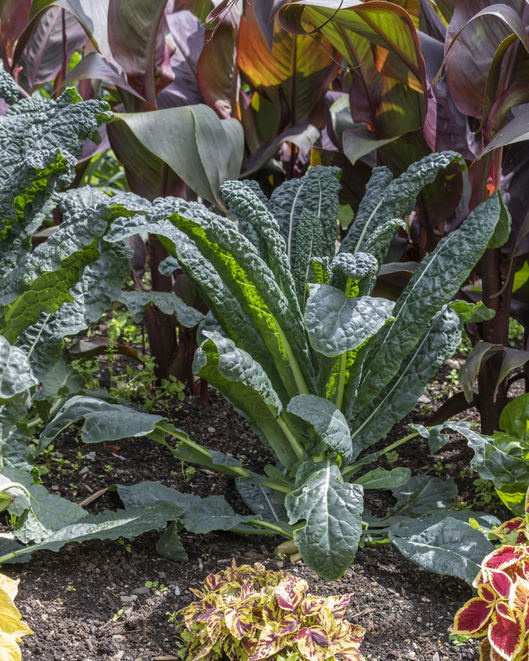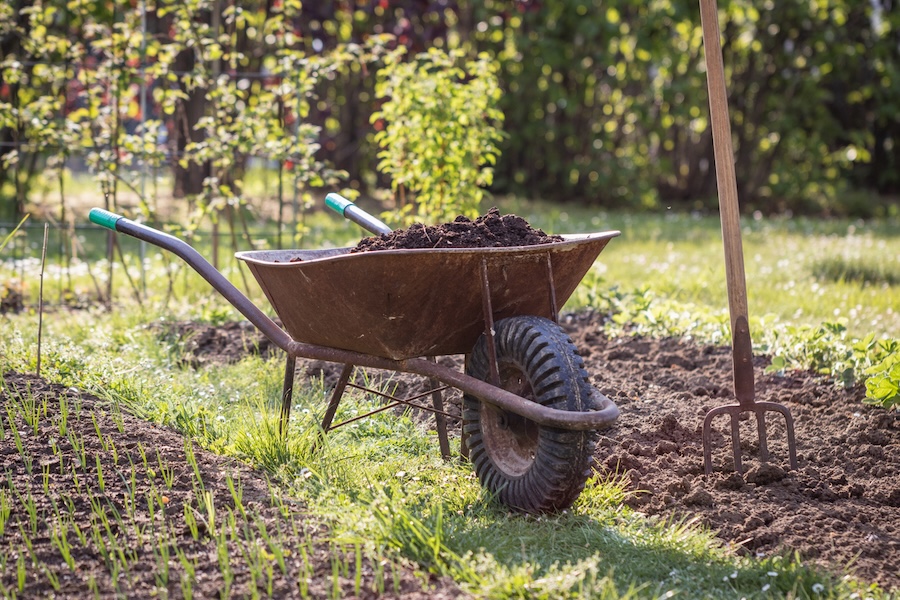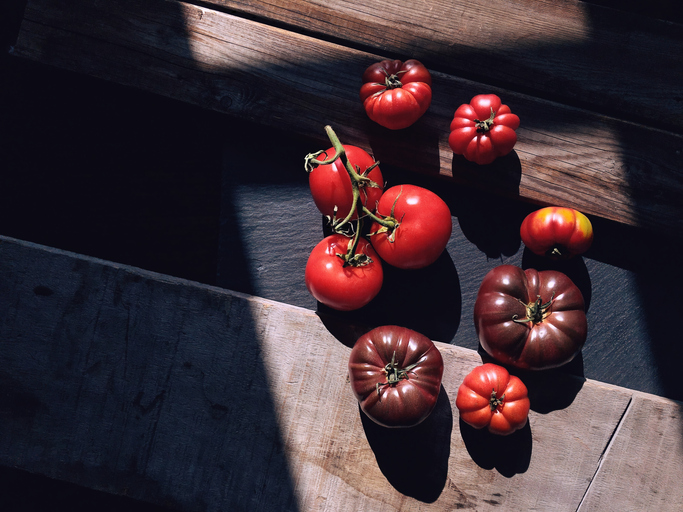It all began with some pesky insects that would not go away. Three years ago, the small therapy garden at the Bridges of Hope residential alcohol and drug rehabilitation center was disappearing due to some hungry insects. And then a University of Georgia Cooperative Extension agent stepped in to help.
Johnny Whiddon, the UGA Extension coordinator in Brooks County, visited the garden to help control the pests and saw an opportunity that went beyond pesticide.
Whiddon told the facility manager that “with a little help, this garden could be utilized to increase the quality of the food the women eat.”
“The first year we did everything using hand tools and irrigated with hoses and sprinklers,” said Whiddon. “The second year, people in the community became interested in our garden. They donated an irrigation system, fertilizer, seed and plants. And this year, I am in the process of teaching the residents how to harvest and to preserve the vegetables through canning and freezing.”
The half-acre garden now produces both spring and fall harvests. Plants in the spring garden include sweet corn, okra, tomatoes and zucchini. Fall crops include peas, yellow squash and kale.
“Visitors now head out to the garden to see how good it looks,” said Whiddon. “It’s become an attraction to the community and to the visitors.”
The Bridges of Hope facility in Morven, Ga., holds up to 50 female patients participating in a 6-month drug and/or alcohol rehabilitation program.
“A lot of girls come here with a sense of hopelessness,” said manager Karen Mitchell. “They are trying to build their lives back up. We help them gain a sense of pride and new direction in life.”
The garden is just one way to help build pride in the women. And it is an important one, according to Mitchell. She believes the garden gives women a sense of accomplishment, and Whiddon agrees.
“Many of these women feel that they have lost everything,” said Whiddon. “When someone teaches them a new skill, it shows them that they are worthy of someone spending time with them and that they are capable.”
The staff at Bridges of Hope are all former residents, including Mitchell. “This place has given me my life back, and it has given a lot of girls a second chance,” she said. “Little things like gardening here let you appreciate life and the small things it has to offer.”
The residents also leave the program with a productive life skill that they most likely didn’t envision upon entering the program. Whiddon is proud of the fact many of the women cannot wait to teach their children how to garden and to set up a garden in their own backyards.
The success of the garden has meant success for Bridges of Hope. The program is a charitable trust run on donations, so every little bit of money saved is helpful.
Due to the abundant harvests, money that was once spent on groceries can now be spent on things like updating the building. In fact, Mitchell estimates she saves at least $400 to $500 a month on groceries. This extra money also means the program can accept more scholarship residents.
“The garden helps us keep our doors open,” Mitchell said. “And our vegetables taste a whole lot better than ones from the supermarket.”
Both Whiddon and Mitchell hope to expand the garden significantly by adding acreage to the plot as well as growing both more and new vegetables and fruit. “When I first started working with Bridges of Hope, I joked with the girls, ‘I’m going to help you, but you’ve got to keep this garden weed free.’”
Since then, they have done so much more that Whiddon now refers to the garden as the Garden of Hope.









